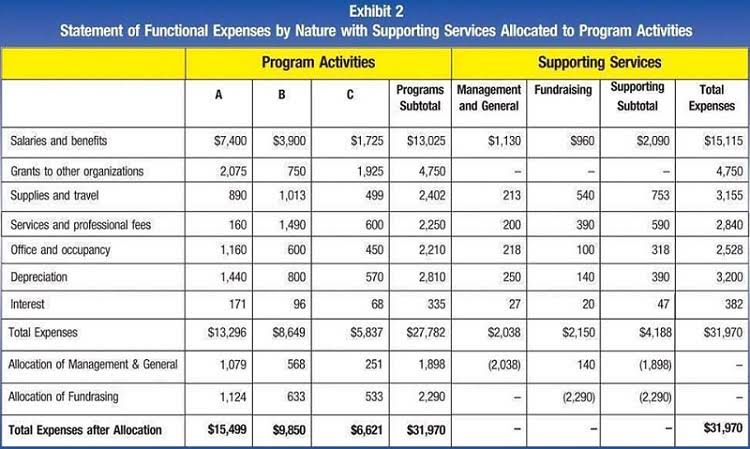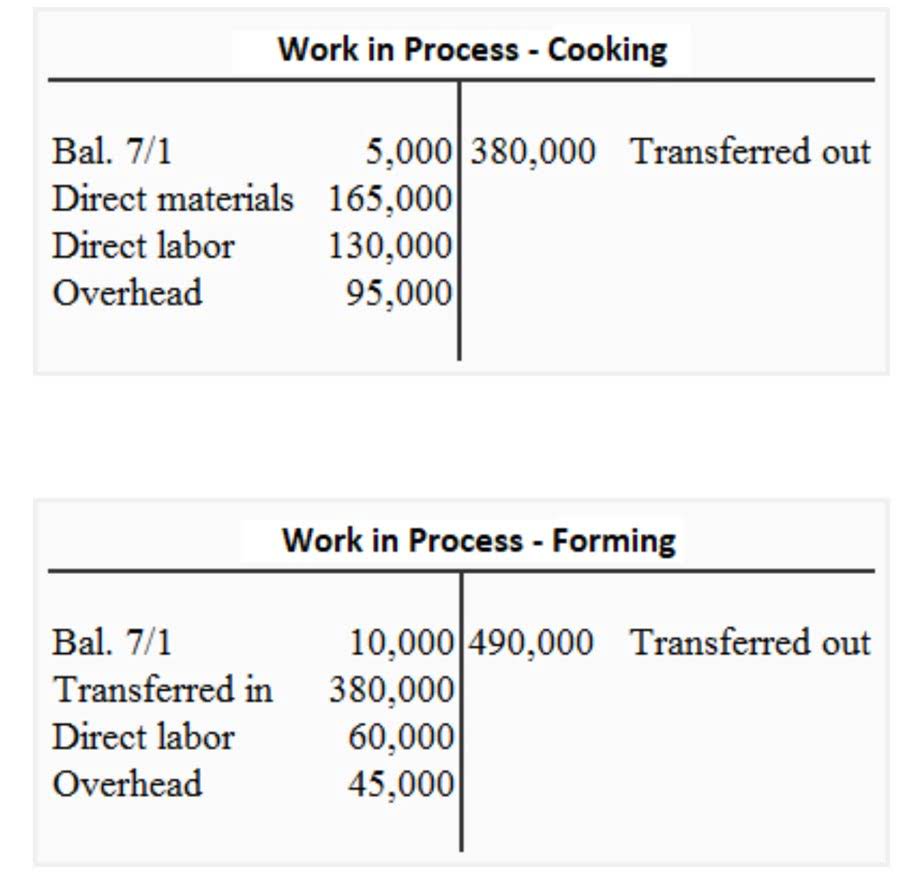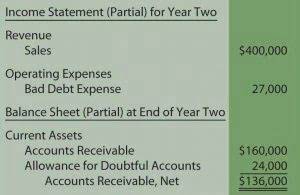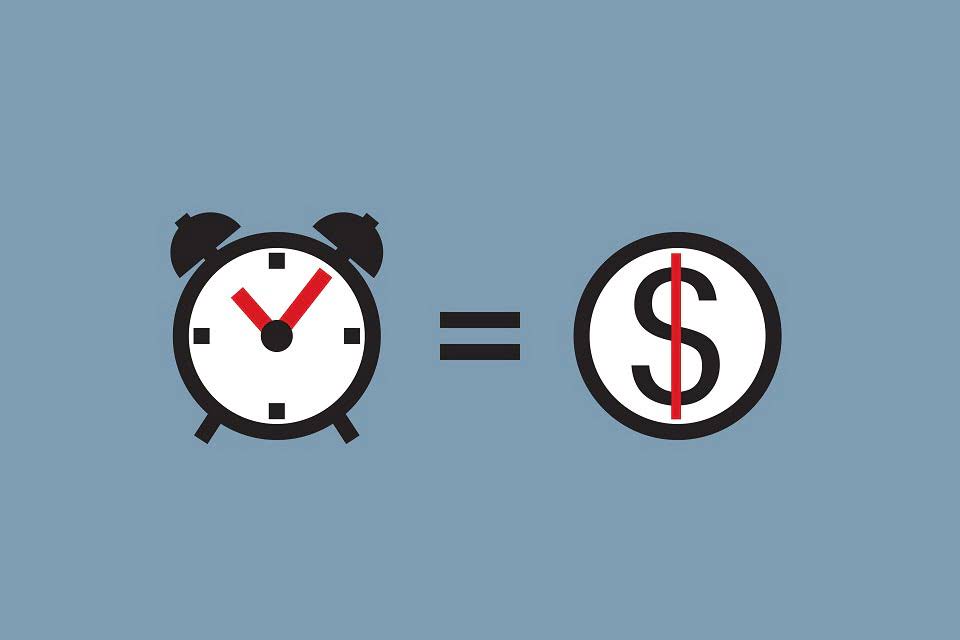
After James pays the store this amount, he has not yet received his unearned revenues are classified as liabilities. monthly boxes, so Beeker’s Mystery Boxes would record $240 as unearned revenue in their records. James enjoys surprises, so he decides to order a six-month subscription service to a popular mystery box company from which he will receive a themed box each month full of surprise items. James pays Beeker’s Mystery Boxes $40 per box for a six-month subscription totalling $240. Every business will have to deal with unearned revenue at some point or another. Small business owners must determine how best to manage and report unearned revenue within their accounting journals. That means you would make the following journal entry on January 31st, to decrease the deferred revenue liability by $200 and increase membership revenue by $200.
Is Unearned Revenue a Liability? Understanding Unearned Revenue Classification in Financial Reporting
However, each accounting period, you will transfer part of the unearned revenue account into the revenue account as you fulfill that part of the contract. Ensure that employees involved in managing unearned revenue, including those in accounting, sales, and customer service roles, are well-trained and knowledgeable about the company’s policies and procedures. This will help promote consistency and accuracy in managing unearned revenue. This journal entry reflects the fact that the business has an influx of cash but that cash has been earned on credit.

Deferred Revenue and Accrual Accounting

Deferrals like deferred revenue are commonly used in accounting to accurately record income and expenses in the period they actually occurred. An example of deferred revenue is a retainer fee charged by law firms. When a legal practice charges a new client a $10,000 retainer fee, it isn’t immediately recorded as revenue in its books. It records it as deferred revenue first, and only records $10,000 in revenue after the entire retainer fee has been earned.

Definition and Examples
- Each method would result in a different amount recorded as deferred revenue, despite the total amount of the financial transaction being no different.
- Usually, this unearned revenue on the balance sheet is reported under current liabilities.
- This way, they can accurately reflect the true financial data of their business.
- Unearned Sales results in cash exchange before revenue recognition for the business.
- As the company fulfills its obligation to provide the goods or services, the unearned revenue liability is decreased, and the revenue is recognized on the income statement.
- This requires special bookkeeping measures to make sure you don’t forget about your customer and to keep the tax authorities happy.
Various adjustments and corrections may also be required as the company continues to provide the goods or services it has received payment for and gradually “earns” the revenue. Deferred revenue, also known as unearned revenue, refers to advance payments a company receives for products or services that are to be delivered or performed in the future. The company that receives the prepayment records the amount as deferred revenue, a liability on its balance sheet. When a company receives payment for products or services that have not yet been delivered, it records an entry of unearned revenue. To do this, the company debits the cash account and credits the unearned revenue account.
- This means that the cash isn’t received in the current period, but it’s expected to be received in later periods as services are provided or products are delivered.
- In the context of unearned revenue, recording revenue prematurely violates this principle.
- When accountants talk about “revenue recognition,” they’re talking about when and how deferred revenue gets turned into earned revenue.
- In this section, we will explore certain industry-specific considerations for unearned revenue, diving deeper into service and subscription models as well as publishing and prepaid services.
- For simplicity, in all scenarios, you charge a subscription fee of $25 per month for clients to use your SaaS product.
This action increases the cash account and creates a liability in the unearned revenue account. As the product or service is fulfilled, the unearned revenue account is decreased, and the revenue account is increased. In summary, unearned revenue is a vital concept within accrual accounting, helping provide a more accurate representation of a company’s financial position. By understanding and accurately recording unearned revenue, businesses can better manage cash flow and service obligations to their customers. Unearned revenue, also known as deferred revenue or customer deposits, refers to payments received by a company for products or services that have not yet been delivered or rendered.

- This is why it is crucial to recognize unearned revenue as a liability, not as revenue.
- Unearned revenue is also referred to as deferred revenue and advance payments.
- The liability exists until the company performs its contractual duties or provides the products or services, at which point the unearned revenue is recognized as earned revenue and the liability is reduced.
- A business owner can utilize unearned revenue for accounting purposes to accurately reflect the financial health of the business.
- This will help maintain accurate financial records and reduce the risk of errors.
- Unearned revenue is considered a liability on a company’s balance sheet because it represents an obligation to deliver products or services to customers in the future.
Accrued revenue is income earned net sales by a company that the company has not yet been paid for. Therefore, the company opens a receivable balance as it expects to get paid in the future. While the company got cash upfront for a job not yet done when considering deferred revenue, the company is still waiting for cash for a job it has done. For example, a contractor might use either the percentage-of-completion method or the completed contract method to recognize revenue.
What are deferred expenses?
However, https://www.bookstime.com/ in some cases, when the delivery of the goods or services may take more than a year, the respective unearned revenue may be recognized as a long-term liability. Accounting reporting principles state that unearned revenue is a liability for a company that has received payment (thus creating a liability) but which has not yet completed work or delivered goods. The rationale behind this is that despite the company receiving payment from a customer, it still owes the delivery of a product or service. If the company fails to deliver the promised product or service or a customer cancels the order, the company will owe the money paid by the customer. Once the company makes a sale against the advance, it must reduce the unearned revenues account balance.
This means the business earns $10 per issue each month ($120 divided by 12 months). If Mexico prepares its annual financial statements on December 31 each year, it must report an unearned revenue liability of $25,000 in its year-end balance sheet. When the company will deliver goods to the buyer on January 15, 2022, it will eliminate the liability and recognize a revenue in its accounting records on that date. This is money paid to a business in advance, before it actually provides goods or services to a client.

These brands compensate us to advertise their products in ads across our site. This compensation may impact how and where products appear on this site. We are not a comparison-tool and these offers do not represent all available deposit, investment, loan or credit products. The timing of recognizing revenue and recording is not always straightforward.
